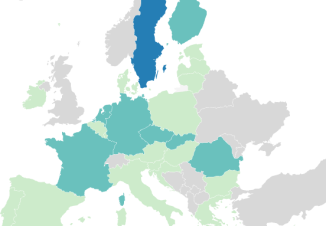
Background
A Spanish worker who was employed on a varying shift pattern, rotating between morning, afternoon and evening teams requested to work exclusively on the morning team for the same number of hours as previously and for the same pay in order to take care of his children. His request was refused by his employer.
He appealed to the Social Court of Madrid, which asked the European Court of Justice to rule on the question of whether Spanish legislation that provides for a worker’s right to reduce his ordinary hours of work to take care of children or other dependent family members, with a proportional reduction in salary without being able (when the worker’s normal work pattern is variable shifts) to benefit from a fixed working schedule conflicted with EU law (specifically Directive 2010/18/EU on parental leave, the Framework Agreement on Parental Leave and Articles 23 and 33(2) of the Charter of Fundamental Rights of the European Union).
The Court’s decision
The European Court of Justice held that there was no provision in the applicable EU laws that required a member state to grant a worker a fixed working schedule when his or her normal pattern of hours was variable shifts. The Framework Agreement only required member states and social partners to make adjustments to working schedules for workers returning from parental leave, which was not the case for Mr Ortiz. As a result, the Spanish legal provision that allowed Mr Ortiz to reduce his working hours but did not entitle him to a fixed working schedule did not conflict with EU law (Case C‑366/18 Ortiz Mesonero, 18 September 2019).


